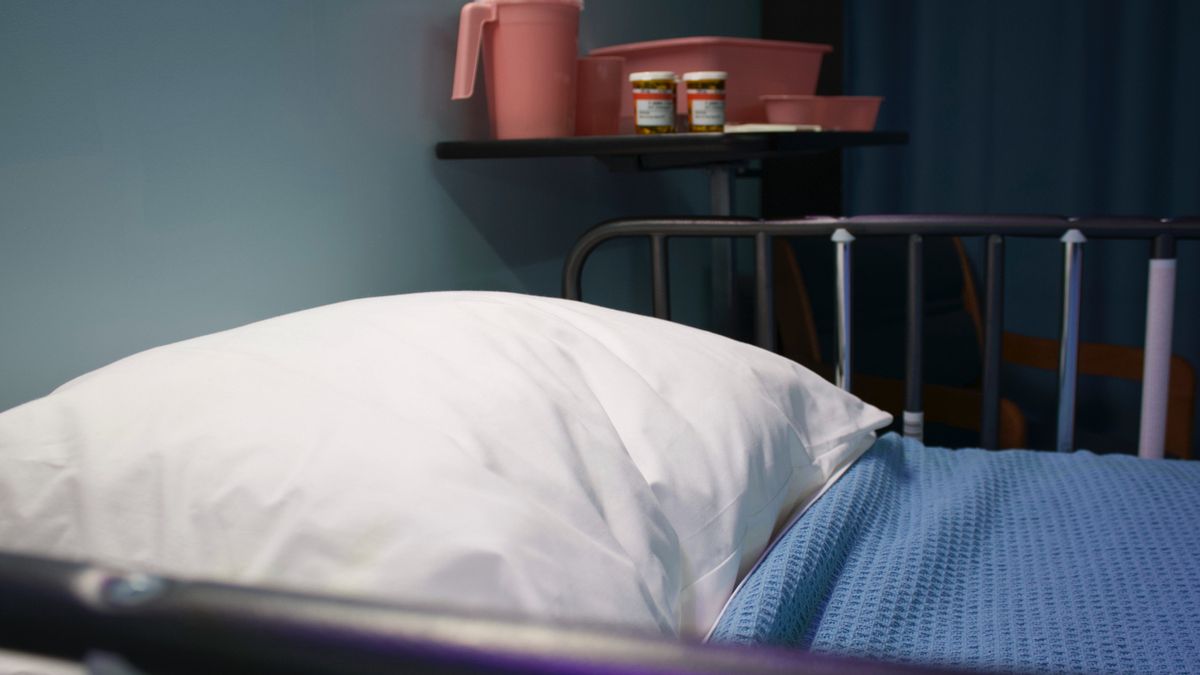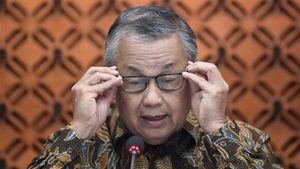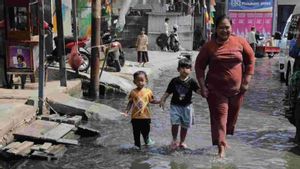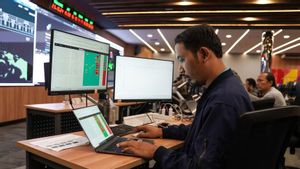JAKARTA - The DKI Jakarta Health Office (Dinkes) will immediately check information that says people are starting to have trouble getting to the hospital. This is different from their data if there are still a lot of blanks.
"Of course this will be a joint record, I will check the actual, whether the distribution (hospital) or what? Because basically there are 140 out of 194 hospitals that are ready to provide services," said the Head of the DKI Jakarta Health Office, Widyastuti at the Jakarta City Hall, Thursday 27 January.
Widyastuti said that to comment on the statement of the Main Expert Staff of the Presidential Staff Office (KSP), Abraham Wirotomo, who stated that Jakarta residents were starting to find it difficult to find hospitals. According to him, the occupancy of hospital beds in Jakarta is around 45 percent of the 3,900 available isolation beds.
"Currently there are 3,900 beds for isolation and 611 for the ICU. The occupancy of 3,900 is 45 percent filled, so the 'spare' is still wide," said Widyastuti.
Even that number has not yet reached the maximum capacity, which could actually be up to 11 thousand more like last year.
"Meanwhile, the intensive care unit (ICU) is filled with 86 units or 15 percent of the 611 available beds," he said.
Widyastuti added that her party continues to monitor the development of bed occupancy rates (BOR) in a number of hospitals. According to him, of the 91 existing houses, they have inputted data into the system.
"Of the approximately 1,700 cases of COVID-19, around 39 percent of the symptoms are mild, then there are asymptomatic (without symptoms) around 9 percent," he said as quoted by Antara.
Because of the 45 percent occupancy of the hospital, there was a leak of about 48 percent who turned out to be mildly symptomatic and asymptomatic were hospitalized.
Therefore, Widyastuti appealed to the public that only patients with moderate to severe symptoms should be treated at the hospital.
This is because there is a regulation from the Ministry of Health which states that patients without symptoms or with mild symptoms should not be hospitalized.
Widyastuti said that based on the new regulation, patients with the Omicron variant of the Corona virus are advised to self-isolate, without having to be hospitalized. This is because, he said, from several international medical journals, the symptoms of patients with the Omicron variant are not as severe as those of the Delta variant.
"Indeed, there used to be a Ministry of Health regulation that 'probable' and 'confirm' it was treated, but there has been a recent circular that those who are being treated are those who are moderate to critical," he said.
Therefore, Widyastuti asked residents not to panic if they were exposed to the corona virus and go directly to the hospital, because the central government is also preparing telemedicine facilities to help self-isolate.
The English, Chinese, Japanese, Arabic, and French versions are automatically generated by the AI. So there may still be inaccuracies in translating, please always see Indonesian as our main language. (system supported by DigitalSiber.id)













